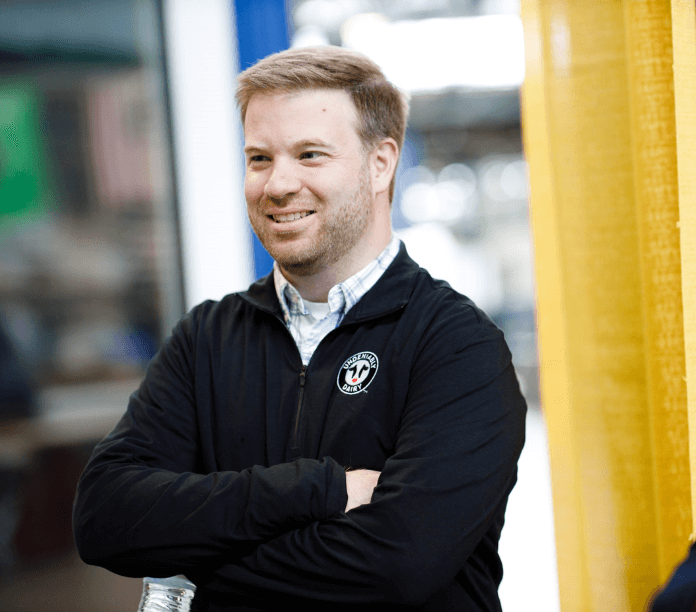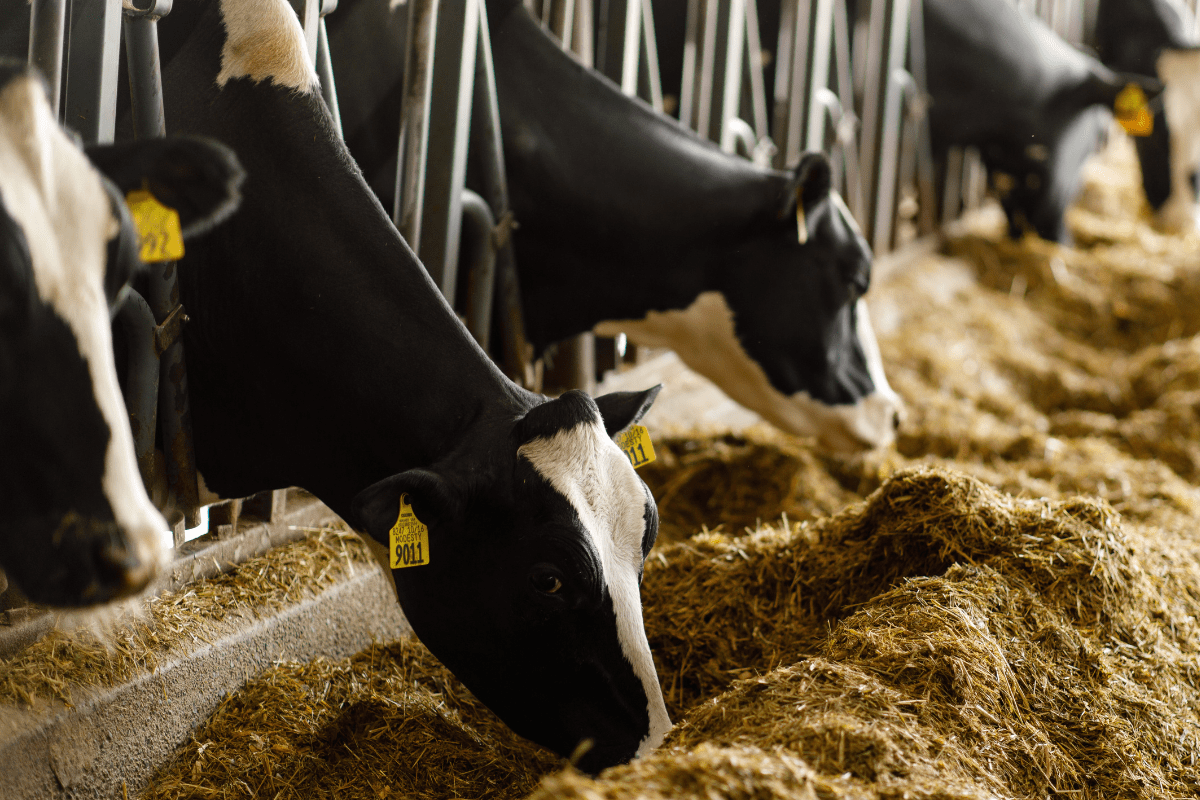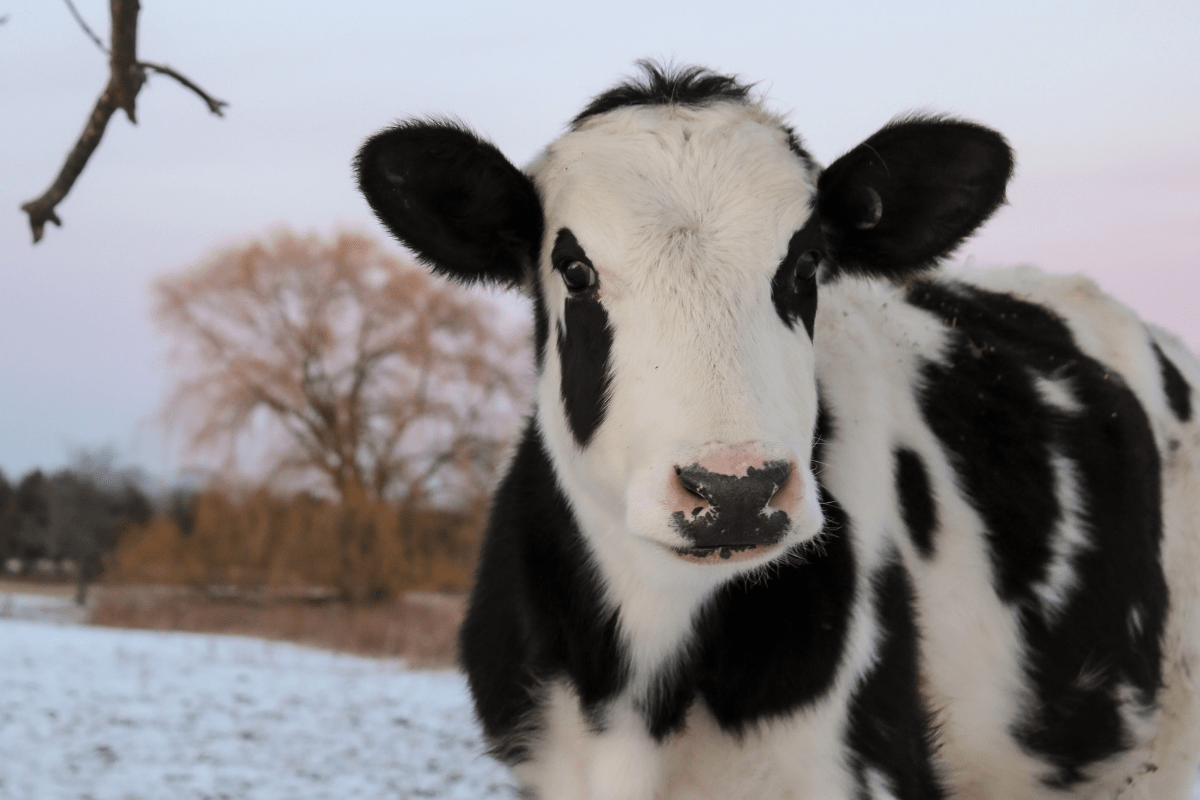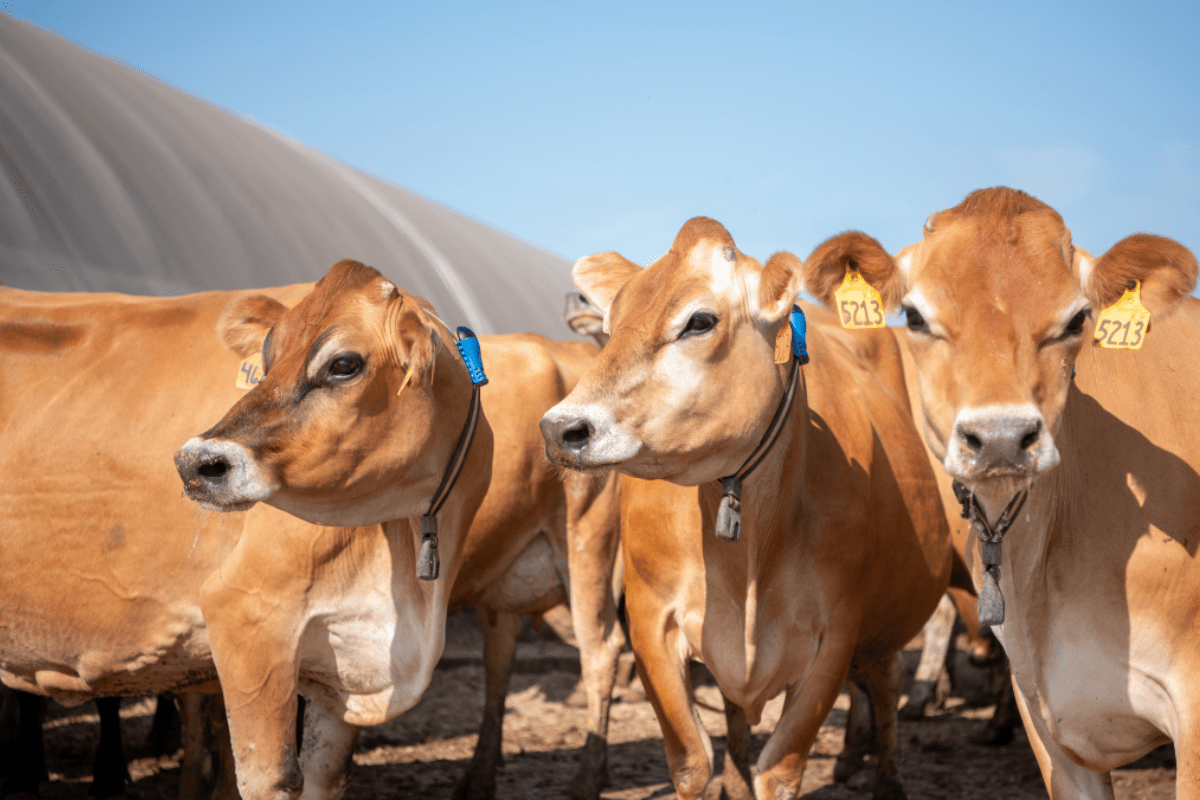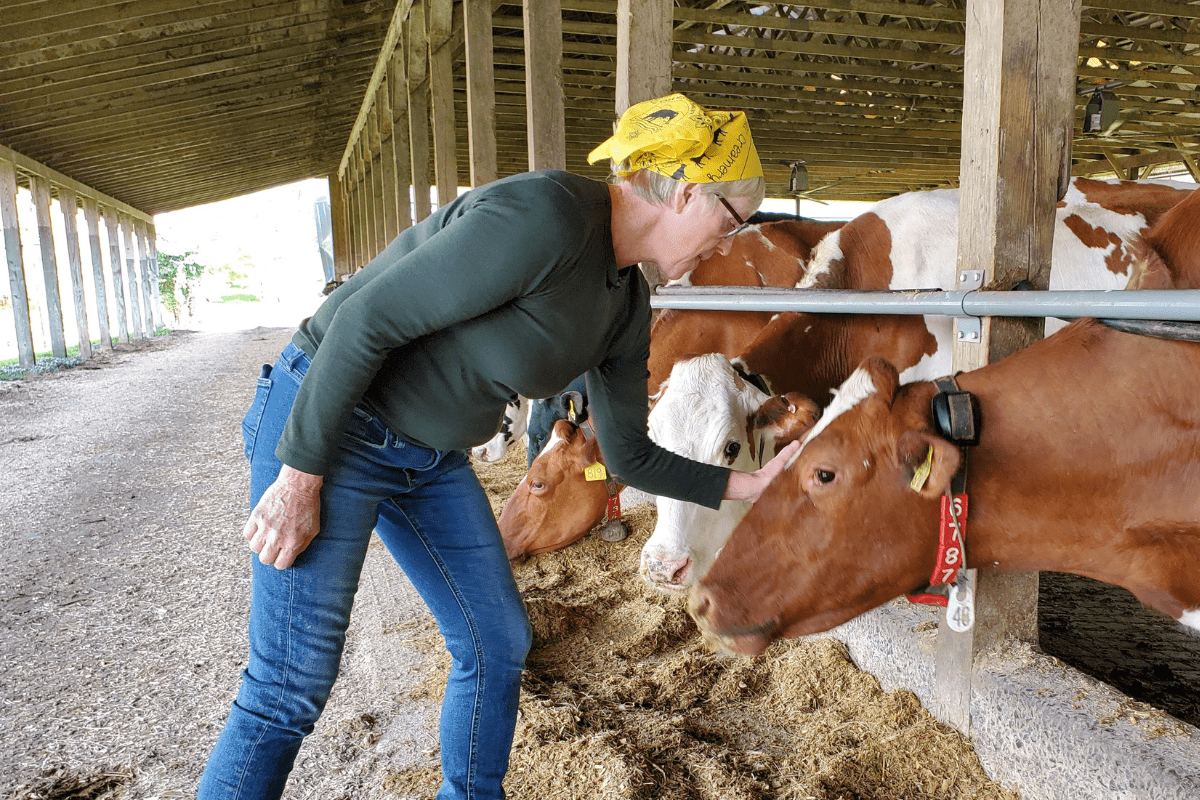New York and Pennsylvania Dairy Farms Recognized for Outstanding Sustainability Efforts
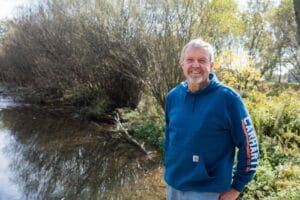 E-Z Acres Farm in New York has been focused on their local water quality for more than 20 years. See why they were honored for the way they manage fertilizers and reduced phosphorous use by 30%, protecting waterways and much more.
E-Z Acres Farm in New York has been focused on their local water quality for more than 20 years. See why they were honored for the way they manage fertilizers and reduced phosphorous use by 30%, protecting waterways and much more.
Reinford Farms in Pennsylvania found they were uniquely positioned to collect food waste from their area’s grocery stores and food manufacturers. However, these items often arrived in packaging their farm’s digester couldn’t process. To solve the issue, the dairy installed a “de-packager” that separates the food from its packaging, allowing cleaner food waste to be piped into the digester.
Learn more about how they can recycle up to 12,000 gallons of food waste daily and keep more than 35,000 tons of waste out of landfills in the past 10 years.
Dairy Farm and School Partner to Recycle Food Waste for a Better Planet
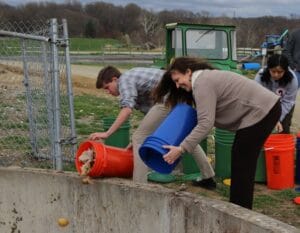 Twice a week, the students at West Nottingham Academy in Maryland get a delivery of about 25 gallons of milk. In return, they send their food waste to their local dairy farm to be recycled.
Twice a week, the students at West Nottingham Academy in Maryland get a delivery of about 25 gallons of milk. In return, they send their food waste to their local dairy farm to be recycled.
The milk comes from Kilby Cream, a dairy farm one mile away from the high school campus. The dairy partners with the school to help students learn about environmental stewardship and make the farm-to-table connection.
See how this dairy farm and school are recycling food waste for a better planet.
Butter Sculptures Entertain Thousands and Help the Environment
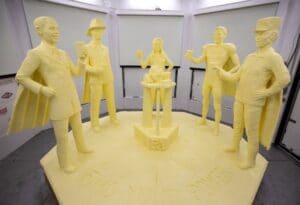 If you’ve been to the New York State Fair or Pennsylvania Farm Show, you’ve seen the crowds enjoying the annual butter sculpture. If you haven’t, you really should go!
If you’ve been to the New York State Fair or Pennsylvania Farm Show, you’ve seen the crowds enjoying the annual butter sculpture. If you haven’t, you really should go!
But, what a waste of perfectly good butter! Not exactly.
The butter used for these events is “scrap” butter, which means it was damaged at some point in the production or packaging process and was no longer safe for human consumption.
When the events are over, what happens to the half-ton of butter? See how it is turned into renewable energy!
4 Recycled Bedding Options: Good for Cows and the Environment
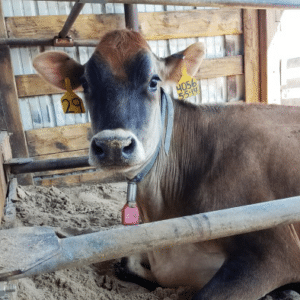 A clean, comfortable bed is what dreams are made of. It’s also what cows need. They typically lounge in the barn chewing their cud for up to 13 hours a day, plus catch a few hours of actual shut-eye.
A clean, comfortable bed is what dreams are made of. It’s also what cows need. They typically lounge in the barn chewing their cud for up to 13 hours a day, plus catch a few hours of actual shut-eye.
From sleeping on a beach to drifting off on a water bed to cozying up on piles of what used to be paper, different farms use different types of recycled bedding for their animals.
See how farmers use recycled bedding to make their cows as comfortable as possible while keeping their commitment to the environment.
Manure Could be Powering Your Home
To recycle waste, Noblehurst Farms in New York employs the use of a methane or manure digester, these machines convert organic matter–such as manure and food waste–into methane, and transforms that methane into reusable energy.
In layman’s terms, they’re turning poop into power! Any power that is not used for the farm, or any other businesses, is sold to the local power grid.
See how Noblehurst Farms is using a methane digester to turn cow manure into electricity.
Protecting the Chesapeake Bay
Two decades ago, George Hurst and his family took a visit to the Chesapeake Bay. What they saw–polluted waters and their damaging effects on local fishermen–troubled them.
“When I took that tour, I knew we had to do what we can here at Oregon Dairy Farm (in Lititz, Pennsylvania) to make sure we’re not polluting the Bay,” Hurst recalled. “That’s when we became even more intentional with the practices we have in place here.”
Learn more about the innovative, environmentally-friendly practices the Hurst family uses on their dairy farm.

